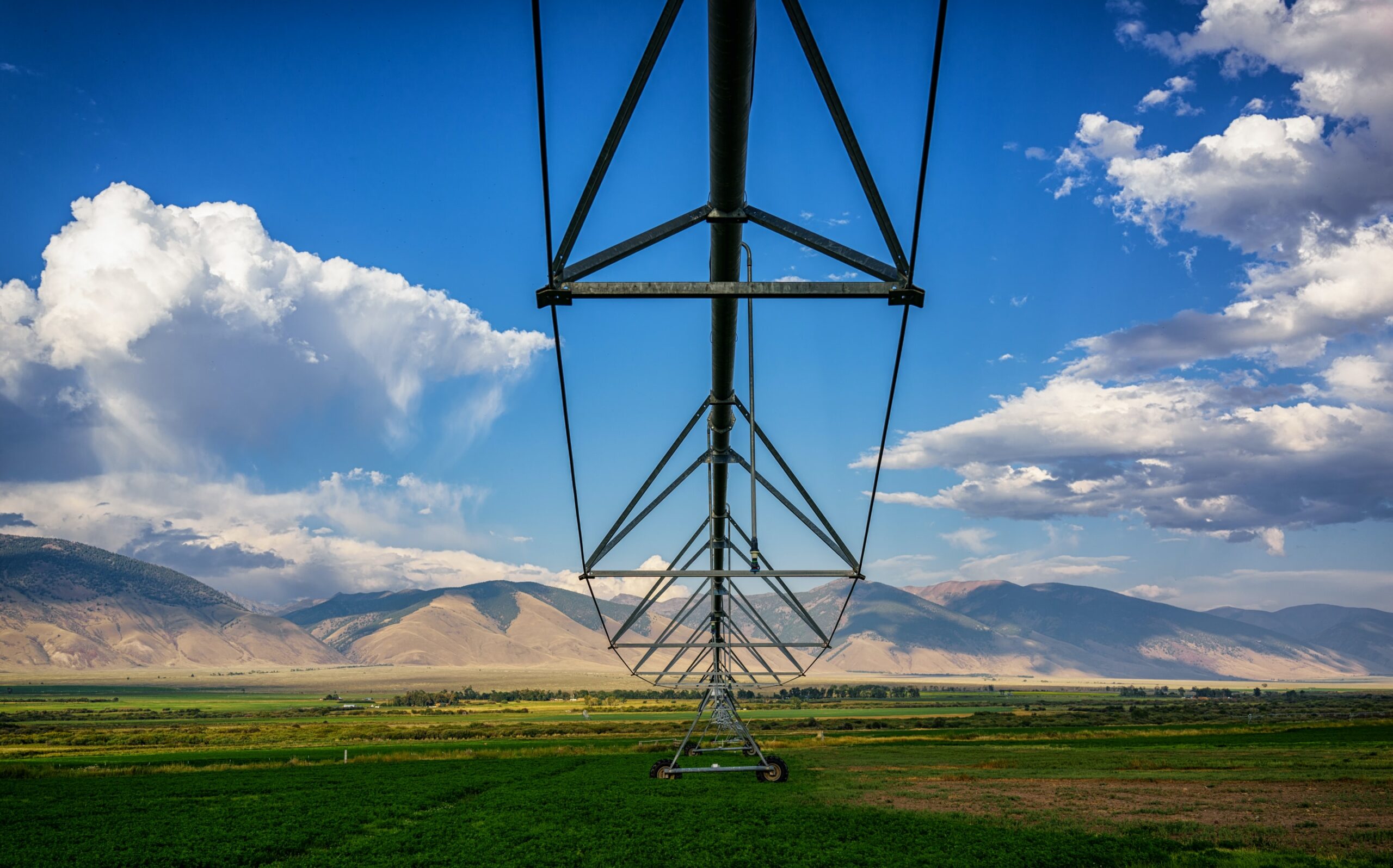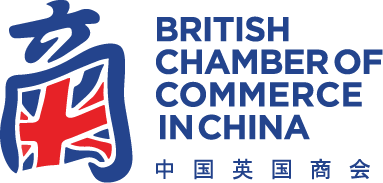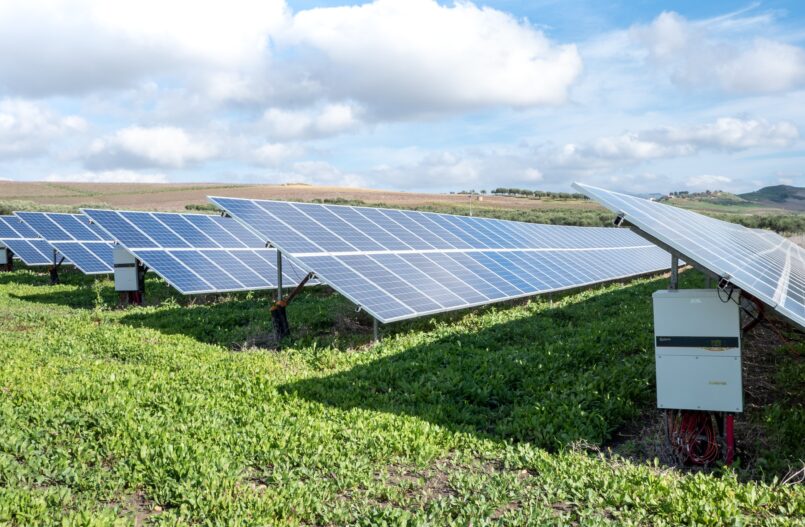This Policy Insights article is written by Herbert Smith Freehills, one of the world’s pre-eminent energy firms with a global reputation for excellence in the sector and has nearly 40 years’ experience in China.
China’s National Development and Reform Commission (NDRC) issued Guidance on Accelerating the Formation of National Power Market System (the “Guidance”) in January 2022, announcing its goal to form a national power market by 2025 to pave the way for cross-regional and inter-provincial trading of electricity.
To achieve its carbon neutrality target, China is promoting renewable energies and its green power trading market has become an important aspect of the national power market system. Prior to the release of the Guidance, China launched a pilot national green power direct trading programme in September 2021 following the approval by the NDRC of the Green Power Trading Pilot Work Plan, which was jointly developed by the State Grid Corporation of China (SGCC) and China Southern Power Grid Corporation (CSG).
The pilot programme allows users to purchase “green power” from renewable energy generators, giving green power the potential to realise its environmental benefit by selling at a higher price. The new regime is expected to further boost renewable energy development in China and provides an additional option for companies wishing to purchase low carbon energy to fulfil their own climate/ESG goals.
What is to be traded?
Power from renewable sources (i.e. “green power”) is regarded as a distinct tradable commodity from traditional power, and can be separately priced and purchased. At the start of the pilot programme, green power mainly includes wind and solar power. In the future, it is expected that hydropower and other renewables may also be included in the green power trading market.
Wind and solar power generators receiving no additional subsidy from government (i.e. with fully market-based prices) are given priority to sell their green power at the market. If there is only limited amount of such fully marketised green power in a province, renewable power benefiting from government subsidies will be sold to the grid companies (with subsidies paid via grid companies). In this case, green power buyers may purchase green power from grid companies. The part of purchase price in excess of the benchmark renewable power feed-in tariffs will be collected by the grid company to cover government expenses on renewable subsidies.

Who can participate in the trading?
At this current stage, a participant should register and open an account at the green power trading exchanges.
From the sellers’ side, wind and solar power generators are allowed to be sold on the green power market. As discussed above, wind and solar power producers receiving no additional subsidy from government are given priority to sell on the green power trading market.
For buyers, both commercial and industrial users and power sales companies which resell the power they purchase to households can participate in the green power market. As the Green Power Trading Pilot Work Plan is not publicly available yet, the qualification requirements on buyers are currently unclear. However, based on the mid- and long-term power trading rules, Herbert Smith Freehills understands there may be requirements on volume of power demand and industry of the buyers, among other things.
From the transmission and distribution side, the grid company (i.e. State Grid Corporation of China or China Southern Power Grid Corporation) plays an important role in providing transmission services.
How can you trade?
National (cross-regional and inter-provincial) green power trading is conducted via Beijing Power Exchange Centre and the Guangzhou Power Exchange Centre, while intra-provincial trading is conducted via power trading centres at the provincial level.
The participants can reach deals by participating in bilateral negotiations, tenders or listing. The actual trading is facilitated by an online trading platform called “E-trading” which can be accessed through its mobile app.
The green power trading is largely based on the existing framework of mid-long term power direct trading, the rules of which have been developed since the publication of a Notice on Issues Concerning Improving the Pilot Programme of Direct Transactions between Electricity Users and Power Generation Enterprises in 2009, as part of China’s power sector reform.
According to the General Rules on Power Mid-Long Term Trading (2020) and the Model Form of Power Mid-Long Term Trading Contract (2022 version) released by the NDRC, mid-long term power trading involves a tripartite contractual relationship between the power producer, the grid company and the power user (either a commercial or industrial user that conducts wholesale offtake or a power sales company that purchases and resells power to households). The tripartite contractual relationship is governed by a set of agreements entered into as follows:
| Contract name | Parties | Main terms |
| Tripartite mid-long term contract | · Power producer · Grid company · Power user | Contract quantity and power price The clauses of the below three contracts are part of the tripartite contract by reference, and the parties should ensure consistency |
| Power purchase and sale contract
| · Grid company · Power producer | Quantities Feed-in tariff Measurement Invoice and payment |
| Grid connection and dispatch contract | · Grid company · Power producer | Conditions, application, commissioning for grid connection Obligations to comply with power dispatch instructions Scheduling of power generation Maintenance, safety, trials, technical requirements |
| Power supply and use contract | · Grid company · Power user | Fee settlement between grid company and power user |

How is green power priced?
Green power trading allows the power producer (or the grid company in the case of green power receiving government subsidy) and the power user to conduct direct trading and to negotiate the power purchase price at their discretion. China is gradually phasing out renewable subsidies and newly registered and installed wind and solar power projects normally apply the relevant benchmark feed-in tariff for coal-fired power plants. Given the increasing demand from the Chinese market for low carbon energy, green power trading gives renewable power producers the opportunity to sell their power at a higher price.
For green power sold via public tender, the power market supervision committee can propose upper and lower limits for the bidding price, which shall be reviewed and approved by the local office of the National Energy Administration. The detailed rules for public tender shall be detailed by the local trading agency.
In additional to the power purchase price, the user shall also pay transmission fees, ancillary service fees and government funds and subsidies.

Herbert Smith Freehills is one of the world’s pre-eminent energy firms with a global reputation for excellence in the sector and has nearly 40 years’ experience in China.
Our China energy team is consistently ranked in the top tier of leading legal directories (ranked band 1 by Chambers and Legal 500 consistently every year, we are the only firm in Greater China to consistently achieve this in the last eight years). We have the ability to negotiate, draft and produce all legal documentation in both English and Chinese. We are well aware of current trends and market practices and we have in-depth experience and cultural understanding of the issues involved in negotiating on energy transactions (patience, respect, linguistic skills, pragmatism and commercial awareness).
Our expertise spans a variety of areas, including Clean Development Mechanism (CDM), renewables and CCER, green certificates, carbon trading, climate change-related litigation, green and sustainable finance, impact investment, ESG-related reporting and disclosures.


